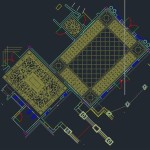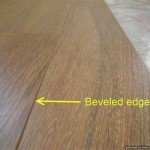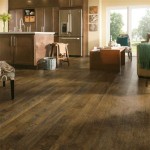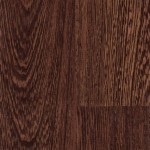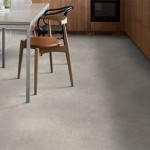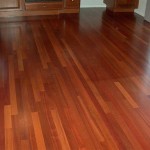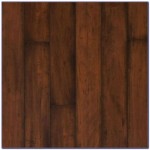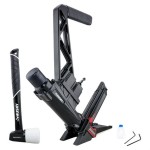Fixing Particle Board Flooring To Steel Joists
Particle board flooring, often used in residential and commercial construction, is a cost-effective and versatile material. However, when installing particle board flooring over steel joists, specific considerations need to be taken into account. Steel joists are known for their strength and durability, but they also present unique challenges for flooring installation due to their inherent properties. Understanding these challenges and implementing proper techniques is crucial for creating a stable, durable, and aesthetically pleasing floor.
Understanding the Challenges of Installing Particle Board Flooring on Steel Joists
Steel joists are excellent for structural support but can create acoustic issues and require careful consideration for thermal bridging. One primary challenge lies in the nature of steel's conductivity. Steel readily conducts heat and sound, potentially leading to unwanted noise transference and temperature fluctuations within the living space. Additionally, steel's inherent stiffness can contribute to the transfer of vibrations and footfall noise, impacting the overall comfort and quietness of the floor.
Another challenge arises from the potential for condensation. The temperature difference between the steel joists and the surrounding air can create moisture condensation, especially in humid environments. This moisture accumulation can weaken the wood subfloor and potentially lead to mold growth, compromising the flooring's integrity and the environment's health.
Effective Solutions and Techniques
To overcome these challenges, several solutions and techniques can be employed for a successful particle board flooring installation on steel joists.
1. Insulation and Sound Dampening
Insulating the steel joists is essential to mitigate noise and thermal bridging. Installing a layer of rigid foam insulation between the joists acts as a thermal barrier, preventing heat loss and reducing noise transmission. It also helps minimize temperature variations within the room. To further enhance acoustic separation, consider using sound-dampening materials like resilient channels or decoupling membranes. These materials break the sound transmission path, reducing footfall noise and enhancing soundproofing.
2. Moisture Control and Ventilation
Adequate moisture control is vital to prevent condensation and protect the floor from damage. Employing a vapor barrier between the insulation and the particle board subfloor can significantly reduce moisture buildup. It creates a moisture-resistant layer, preventing water vapor from passing through the floor system and creating a suitable environment for mold growth. In addition, ensure proper ventilation within the crawl space or attic to allow for air circulation and moisture dissipation.
3. Proper Fastening Methods
Securely fastening the particle board subfloor to the steel joists is crucial for structural integrity and stability. Use specialized fasteners designed for steel framing. These fasteners are typically made of hardened steel and feature a self-drilling tip and a countersinking head to ensure secure penetration into the steel joist. Alternatively, consider using a combination of screws and glue for enhanced bonding and load distribution.
Additional Considerations
When installing particle board flooring over steel joists, it's essential to consider the following:
•
Joist Spacing:
Ensure the joist spacing complies with building codes and structural requirements. •Particle Board Thickness:
Choose the appropriate particle board thickness to provide adequate stiffness and support for the floor. •Floor Finish:
Consider the final floor finish when determining the particle board thickness and subfloor preparation. •Building Codes:
Consult local building codes and regulations for specific requirements regarding flooring installation over steel joists.By implementing these solutions and techniques, you can effectively mitigate the challenges associated with installing particle board flooring over steel joists. The resulting floor will be stable, durable, and resistant to unwanted noise and temperature fluctuations, creating a comfortable and enjoyable living space.
Connecting Floor Joists To Steel I Beam Diy Home Improvement Forum
Connecting Floor Joists To Steel I Beam Diy Home Improvement Forum

Replace Damaged Board Floor Sheathing Fine Homebuilding
Connecting Floor Joists To Steel I Beam Diy Home Improvement Forum

Everything You Need To Know About Floor Joist Repair
Particleboard Structural Flooring Design Manual

Tuffloor Flooring Stratco
Installation And Design Manual
A Previous Homeowner Had To Remodel Good Portion Of My Home However When They Laid New Board Down Over The Joists Did Not Match Up And Floor Sags How

Issues And Repairs Bra Maintaining My Home

